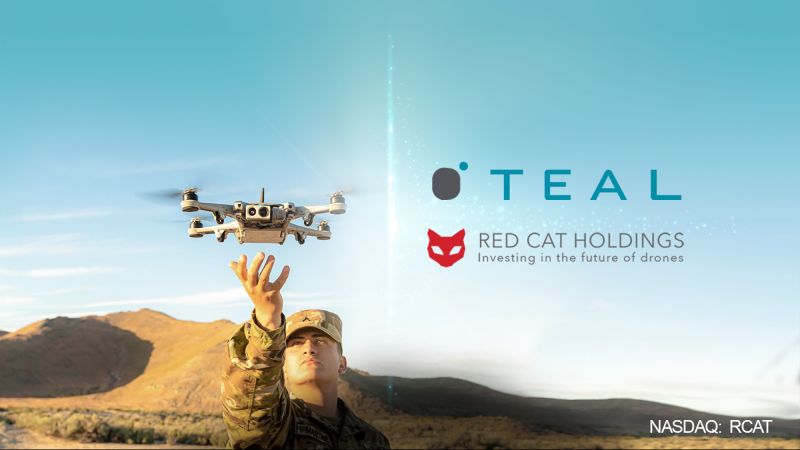Quadrocopter Slalom
More interesting work from the flying machine arena at ETH, they are leading the pack with cutting edge multicopter research. This time one for Red Bull air racing fans. In the future this work will keep platforms out of harms way whilst they survey buildings and structures.
Some poles are arbitrarily placed in the space and a time-optimized trajectory around the sticks is calculated. The quadrocopter iteratively learns to follow this pre-calculated trajectory. The vehicle executes its learning iterations above the poles. Once the quadrocopter is guaranteed to pass between the slalom poles, the height of the quadrocopter is lowered and the slalom is performed.
Check out what happens if the quadrocopter performs the slalom without learning!
Work by Angela Schoellig, Fabian Mueller and Raffaello D’Andrea.
At the ETH Flying Machine Arena, http://www.FlyingMachineArena.org. More information: http://www.idsc.ethz.ch/Research_DAndrea/Iterative_Learning.







